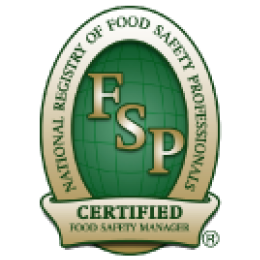In the fast-paced world of modern food production, it's essential to preserve the freshness and extend the shelf life of products. To achieve this, food manufacturers often turn to synthetic additives, and one such additive, Butylated Hydroxytoluene (BHT), has sparked controversy due to concerns about its potential harm to our population.
What is BHT and Where is it Found?
Butylated Hydroxytoluene (BHT) is a synthetic antioxidant commonly added to processed foods, cosmetics, and even some pharmaceuticals. Its primary role is to prevent the oxidation of fats and oils, which can lead to spoilage and a decrease in product quality.
The Controversy Surrounding BHT
While BHT has been deemed safe for consumption in small amounts by regulatory agencies, it has not escaped scrutiny. Here are some reasons why BHT has raised concerns:
1. Potential Health Risks: Some studies have suggested that high doses of BHT might be associated with adverse health effects. These include concerns about its impact on the liver, kidney, and thyroid function.
2. Allergic Reactions: BHT has been linked to allergic reactions in some individuals. Skin rashes, itching, and other allergic symptoms have been reported in response to BHT exposure.
3. Endocrine Disruption: There are concerns that BHT may disrupt the endocrine system, which regulates hormones in the body. This could potentially have far-reaching effects on our health.
Regulatory Oversight
To address these concerns, regulatory agencies like the U.S. Food and Drug Administration (FDA) have established guidelines for the use of BHT in food products. These guidelines aim to ensure that BHT is used in safe amounts, but the controversy persists.
Tips for Consumers
If you're concerned about the potential harm of BHT, here are some steps you can take:
1. Read Labels: Check food product labels for the presence of BHT. You can make informed choices by opting for products that do not contain this additive.
2. Limit Processed Foods: Reducing your consumption of heavily processed foods can help minimize exposure to BHT and other additives.
3. Choose Natural Alternatives: Consider using natural antioxidants like vitamin E or rosemary extract in your own cooking and food preparation.
Conclusion
The controversy surrounding BHT as a food additive continues to generate debate and research. While it's considered safe in small amounts, some concerns about its potential harm to our population remain. As consumers, being aware of the additives in our food and making informed choices can help us strike a balance between convenience and health.
Ultimately, the scientific community and regulatory agencies will continue to monitor BHT and its effects on our health, ensuring that our food supply remains safe for consumption. In the meantime, staying informed and making conscious choices can contribute to a healthier diet and lifestyle.





